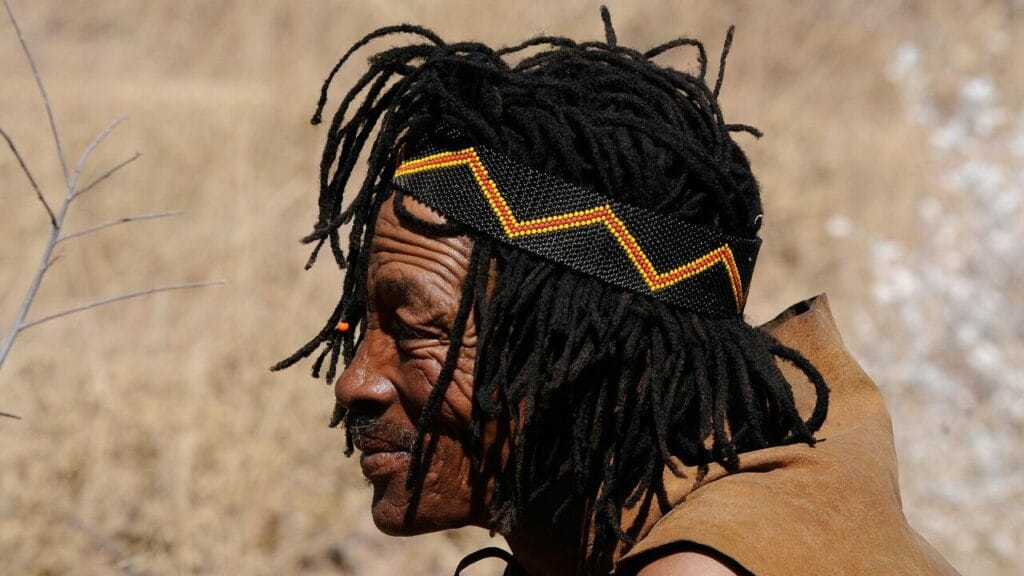Five years have passed since the tragic death of Joyce Echaquan, a devoted Atikamekw mother of seven who lost her life in a Quebec hospital in Joliette, just north of Montreal. In her final moments, she courageously livestreamed the shocking racist and demeaning comments hurled at her by hospital staff.
After Joyce’s untimely passing, Atikamekw leaders formulated “Joyce’s Principle,” a set of recommendations aimed at ensuring that Indigenous individuals receive healthcare free from discrimination. The ultimate objective is to enshrine these principles into Quebec law.
However, half a decade later, the organization spearheading this initiative reports that progress in implementing Joyce’s Principle has been uneven throughout the province.
Julia Dubé, the external relations manager of Joyce’s Principle, highlighted the importance of consistent advancements in cultural safety within healthcare. She emphasized the necessity for healthcare professionals to be personally and collectively dedicated to eradicating systemic racism.
Despite legislative steps like Quebec’s Bill 32, designed to safeguard Indigenous individuals from racist and biased medical treatment, the group asserts that much remains to be done. They stress that the interpretation and application of such laws ultimately fall upon individual healthcare providers, leading to variations in the level of cultural safety offered.
To address these gaps, advocates are calling for a centralized mandate requiring all nurses in Quebec, particularly those in CEGEPs, to undergo training in culturally safe care. This training is seen as a crucial step in preventing future instances of mistreatment towards Indigenous patients.
The group insists that progress hinges on openly acknowledging and addressing systemic racism within public institutions, a step that Quebec Premier Francois Legault has been reluctant to take.
In addition, organizers assert that the government should respect Indigenous self-determination in healthcare delivery, advocating for co-governance of services and the inclusion of Indigenous leaders on hospital boards within their respective territories. They also call for practical measures on-site, such as providing interpreters for individuals who do not speak French or English.
Despite attempts to engage with Quebec’s Ministry of Health and Ministry of Indigenous Services, responses were not received prior to publication.
Advocates behind Joyce’s Principle remain steadfast in their commitment to achieving culturally safe healthcare for Indigenous communities, urging collaboration with allies to bring about tangible change.



